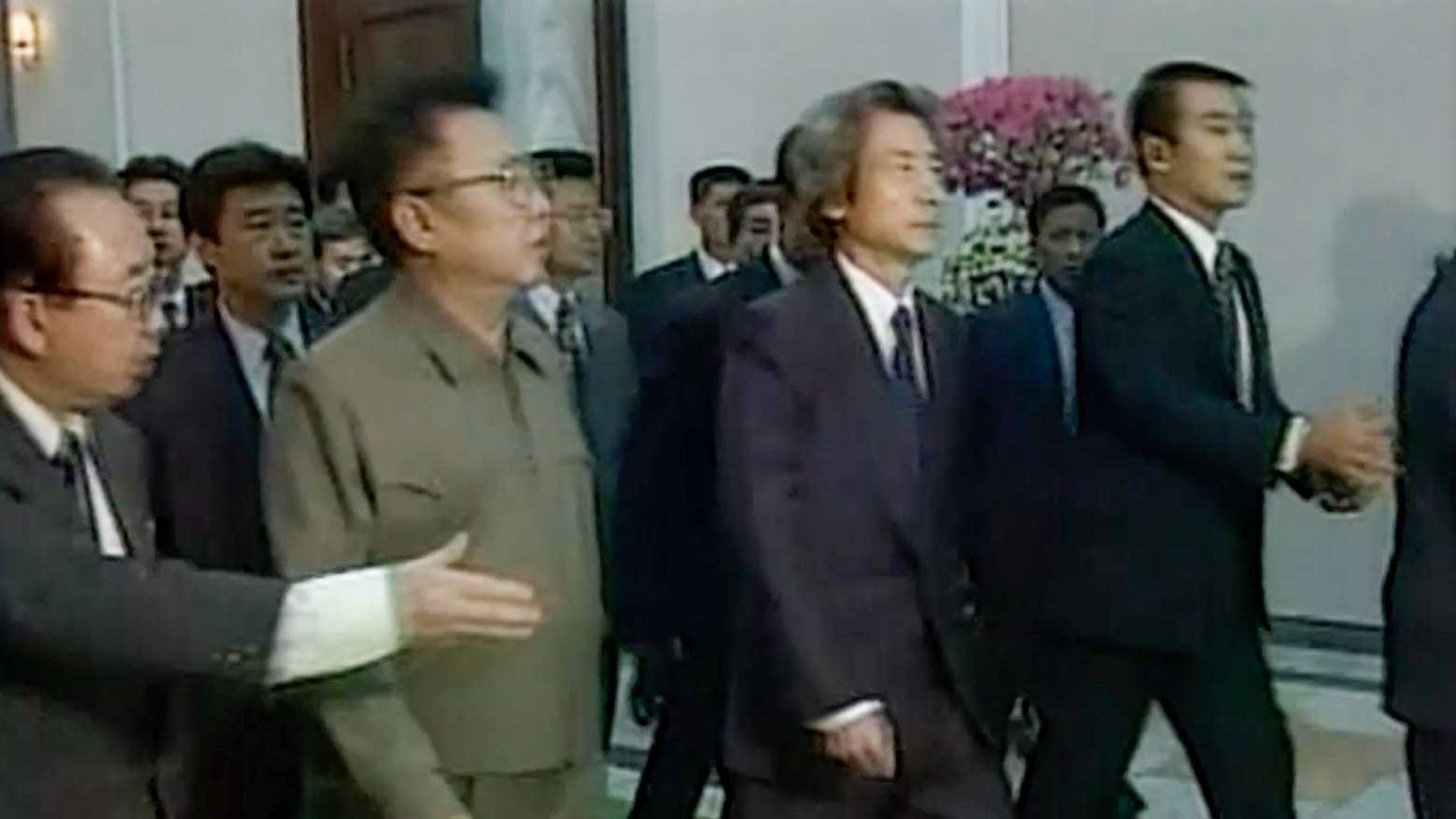Since then, there has been little progress. Of the 17 victims identified by the Japanese government , the whereabouts of 12 are still unknown. Eight parents of the missing victims died after the Japan-North Korea summit meeting.
Second summit: no new information
A second Japan-North Korea summit took place in 2004. Although North Korea had agreed to reinvestigate the issue, officials provided no new information.
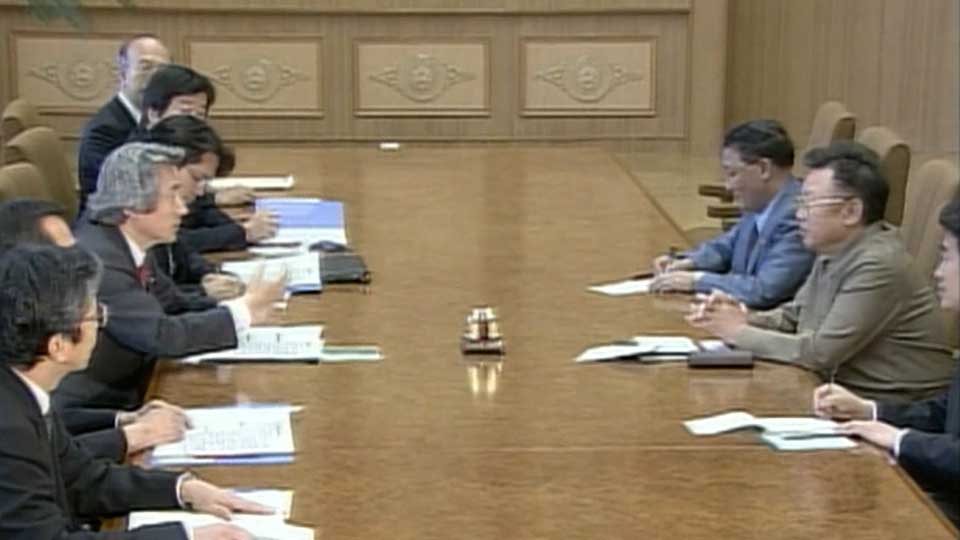
Since then, North Korea has not provided any hard evidence to support claims regarding the victims. It has repeatedly asserted that all of the survivors have returned home.
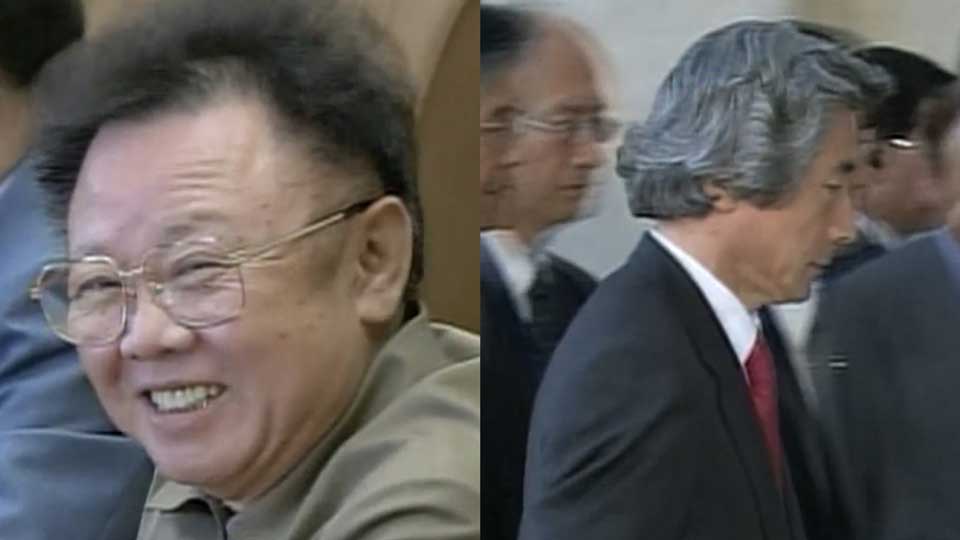
Stockholm Agreement offers hope
Hopes were high that the abduction issue would be resolved with the 2014 Stockholm Agreement.
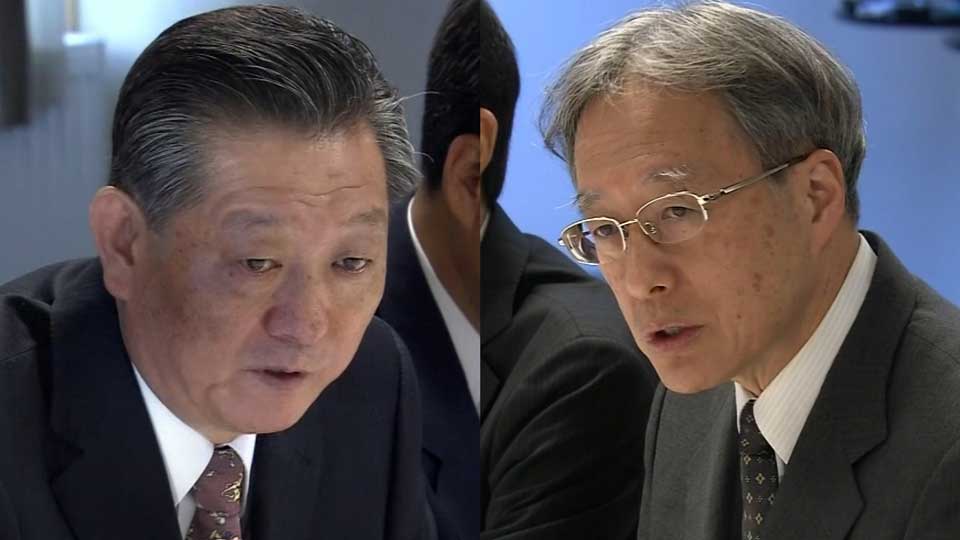
As the result of a meeting between Japan and North Korea that was held in Stockholm, Sweden, North Korea promised to establish a Special Investigation Committee and conduct a comprehensive investigation.
The agreement was reached with the mutual understanding that Japan would lift some of its punitive measures against North Korea. But the talks ground to a halt.
North Korea stops cooperating
When North Korea tested nuclear weapons and long-range missiles in 2016, Japan stepped up its sanctions. In response, North Korea announced the cancelation of the abduction investigation, and the dissolution of the Special Investigation Committee.
President Donald Trump raises the issue
In 2018, United States President Donald Trump raised the abduction issue during his country's first summit with North Korea. The move showed that Japan and the United States were working together to try to find a resolution.
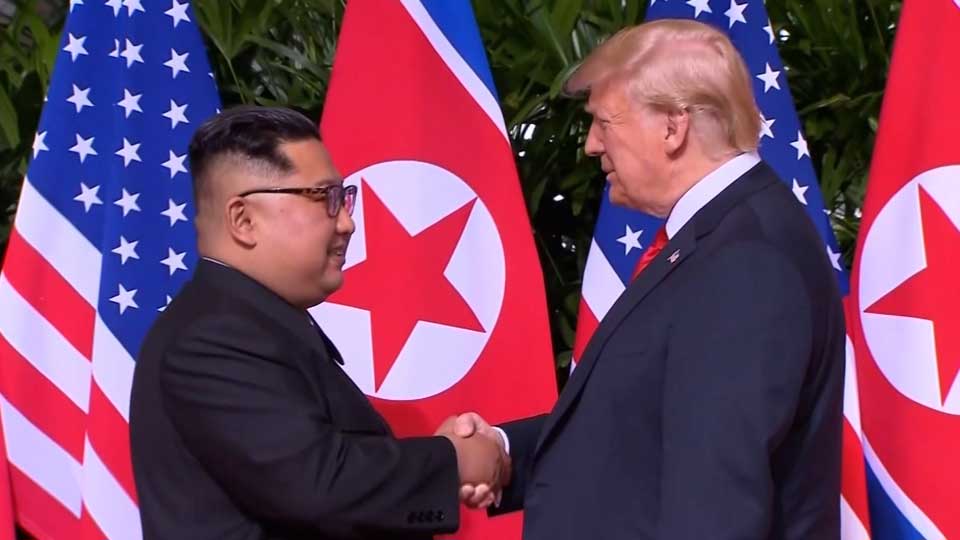
A letter to Kim Jong Un
A group called the Association of the Families of Victims Kidnapped by North Korea penned a letter to Kim Jong Un in 2019.

"Please take the decision to send home all abductees together, at one time, immediately," it read. "Please reflect upon the excruciating pain and heartbreak endured by the parents and other family members who have been waiting for the return of their loved ones for decades."
The letter also explained that any victims who were returned would not be asked to divulge information about their time in the North, "or do anything that would hinder the normalization of diplomatic relations between Japan and North Korea".
Prime Minister Abe Shinzo, who was in office at the time, outlined an unfilled plan to hold a summit in a bid to resolve the matter.
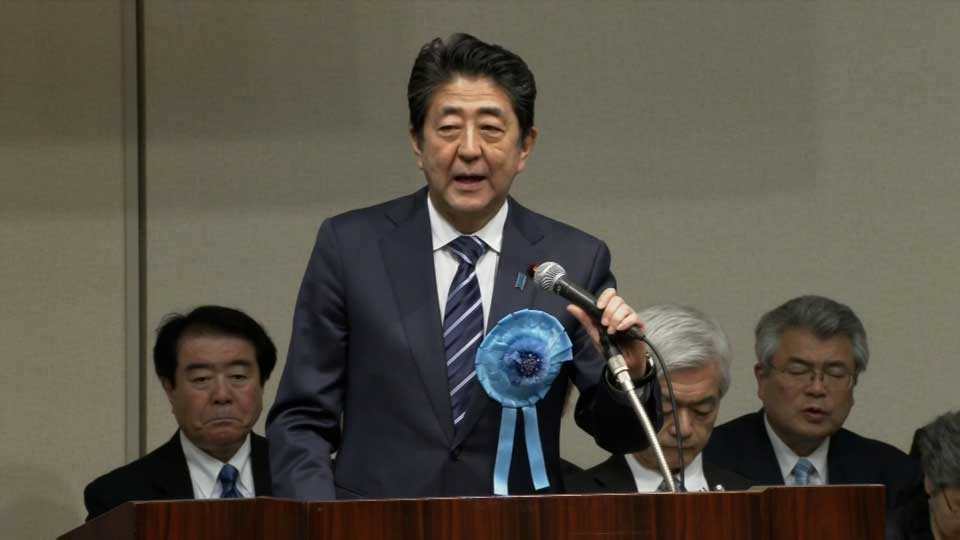
"I personally believe we must face this head-on without attaching any conditions," he said.
Abduction issue at a standstill
North Korea has repeatedly stated that "the abduction issue has been resolved." As a result, for the past 20 years there has been no progress in bringing the victims back to Japan.
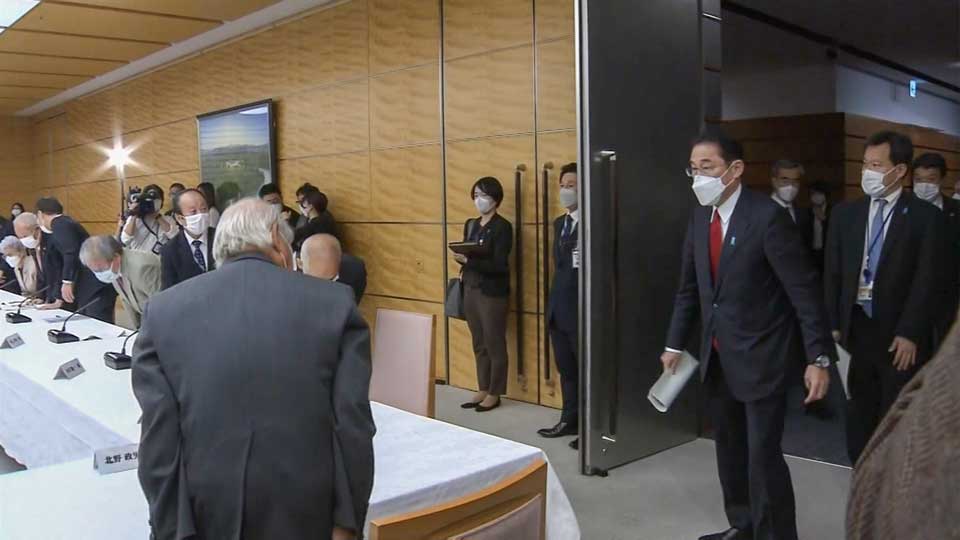
Family members pass away
Yokota Shigeru was the father of Yokota Megumi, who disappeared in 1977 aged 13. He died in June 2020 at the age of 87, his longing to see his daughter unfulfilled. He was at the forefront of rescue efforts and was the first leader of the Association of the Families of Victims Kidnapped by North Korea.
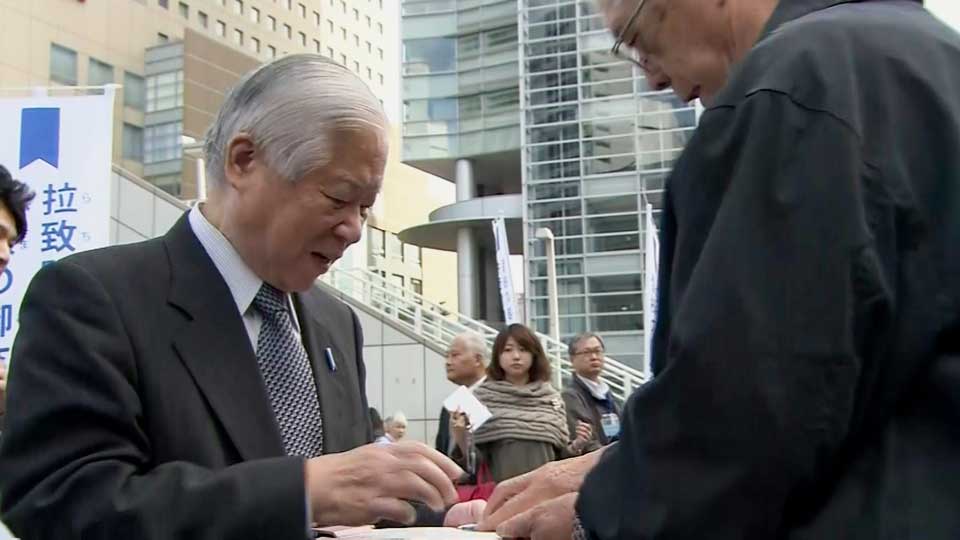
The year 2020 also saw the passing of Arimoto Kayoko, the 94-year-old mother of victim Arimoto Keiko.
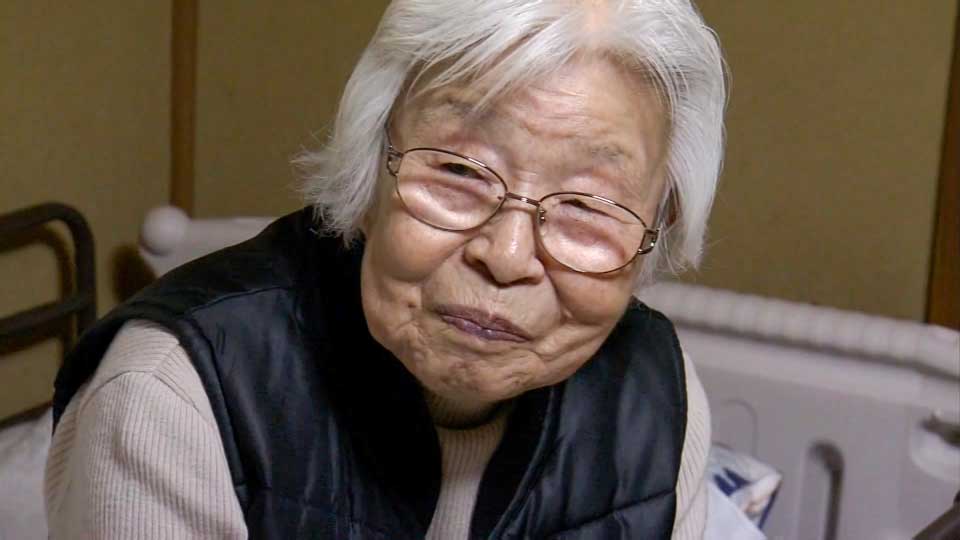
Iizuka Shigeo, the older brother of abductee Taguchi Yaeko, died in December 2021. That year, the Association of the Families of Victims Kidnapped by North Korea issued a statement that there was a "time limit" for the aims set out in the group's letter to Kim Jong Un.
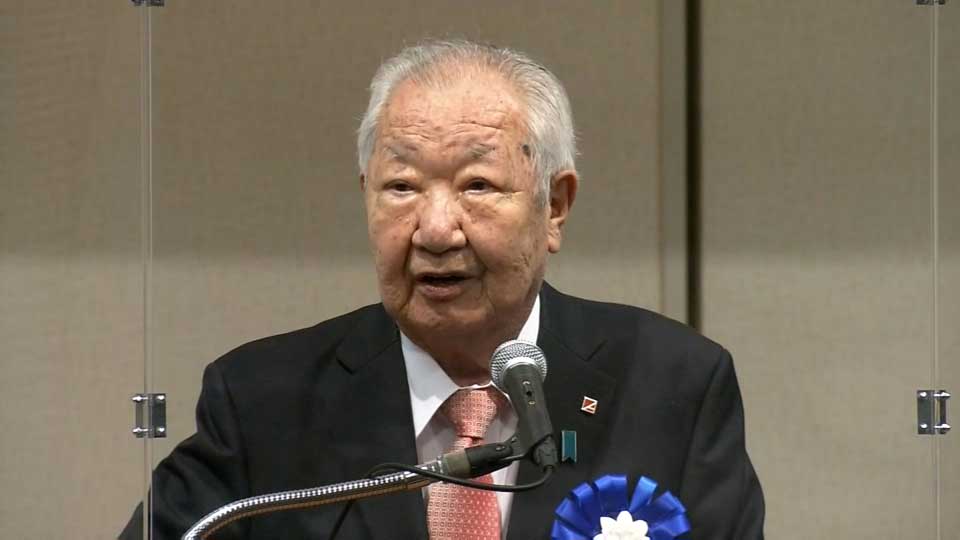
Just two parents left
There are only two parents in good health: 86-year-old Yokota Sakie, the mother of Yokota Megumi; and 94-year-old Arimoto Akihiro, the father of Arimoto Keiko.

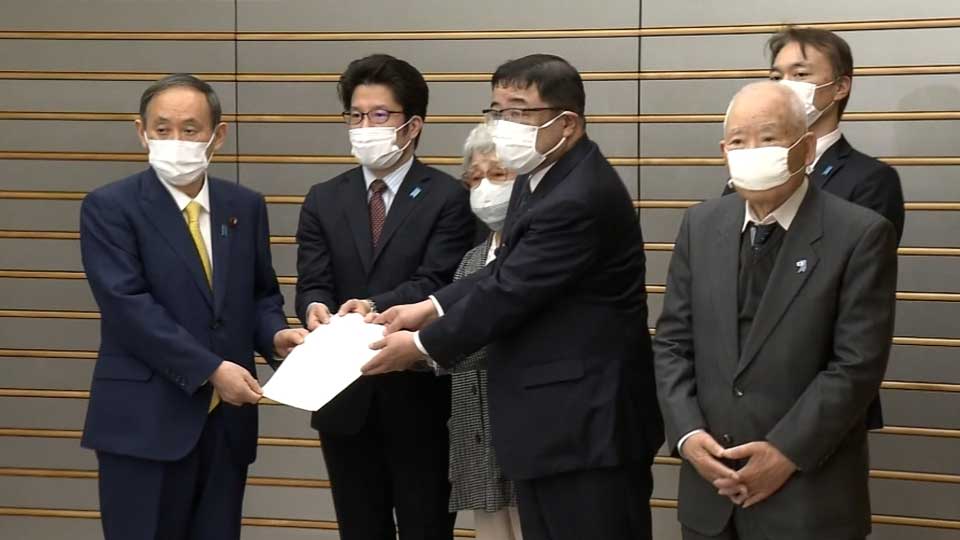
No reunions, no resolution
Yokota Megumi's younger brother, Takuya, took over as the leader of the Association of the Families of Victims Kidnapped by North Korea after Iizuka. He says that without reunions for all of the families involved, there can be no resolution – a hard truth that is creating a sense of crisis.
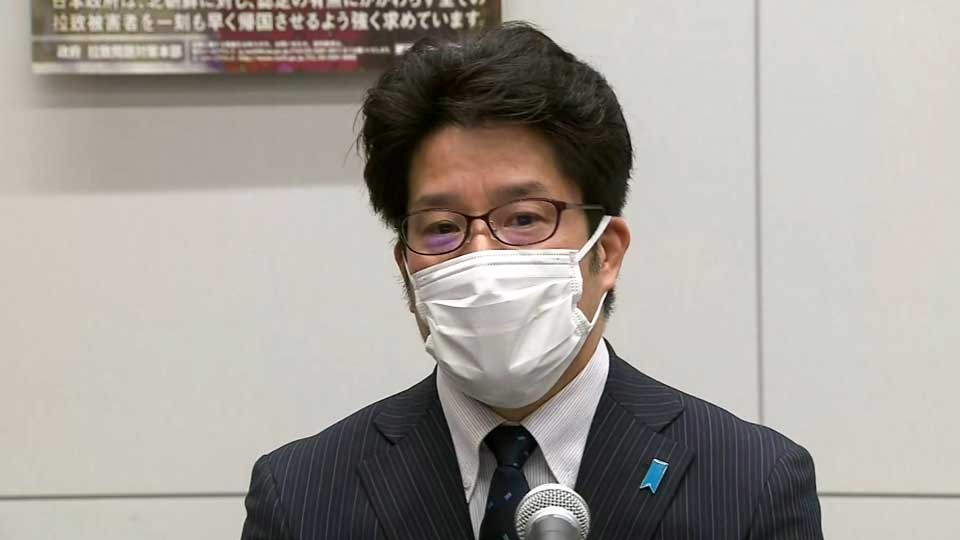
"In the case that a reunion does indeed happen, it cannot be considered a true resolution if an abductee's parents have died," he says.
